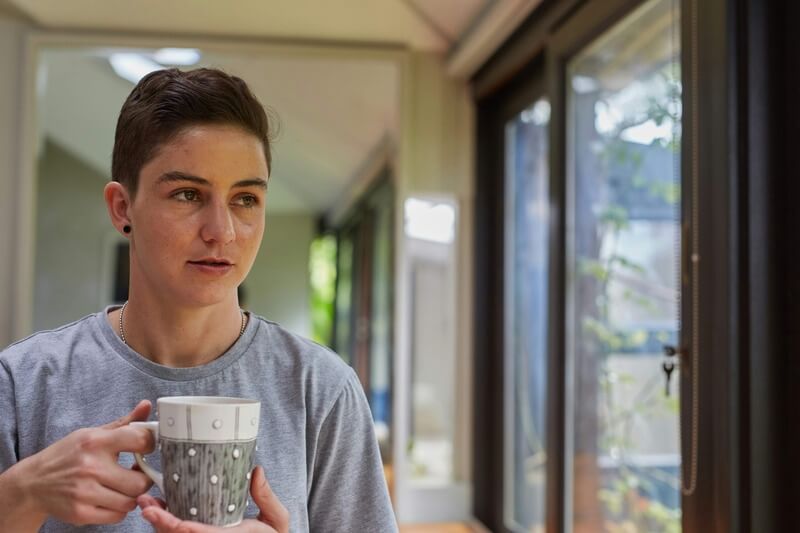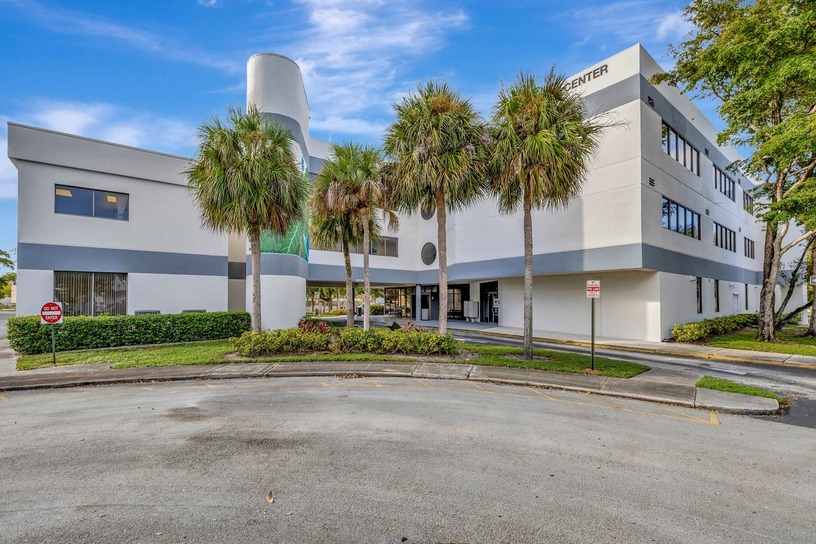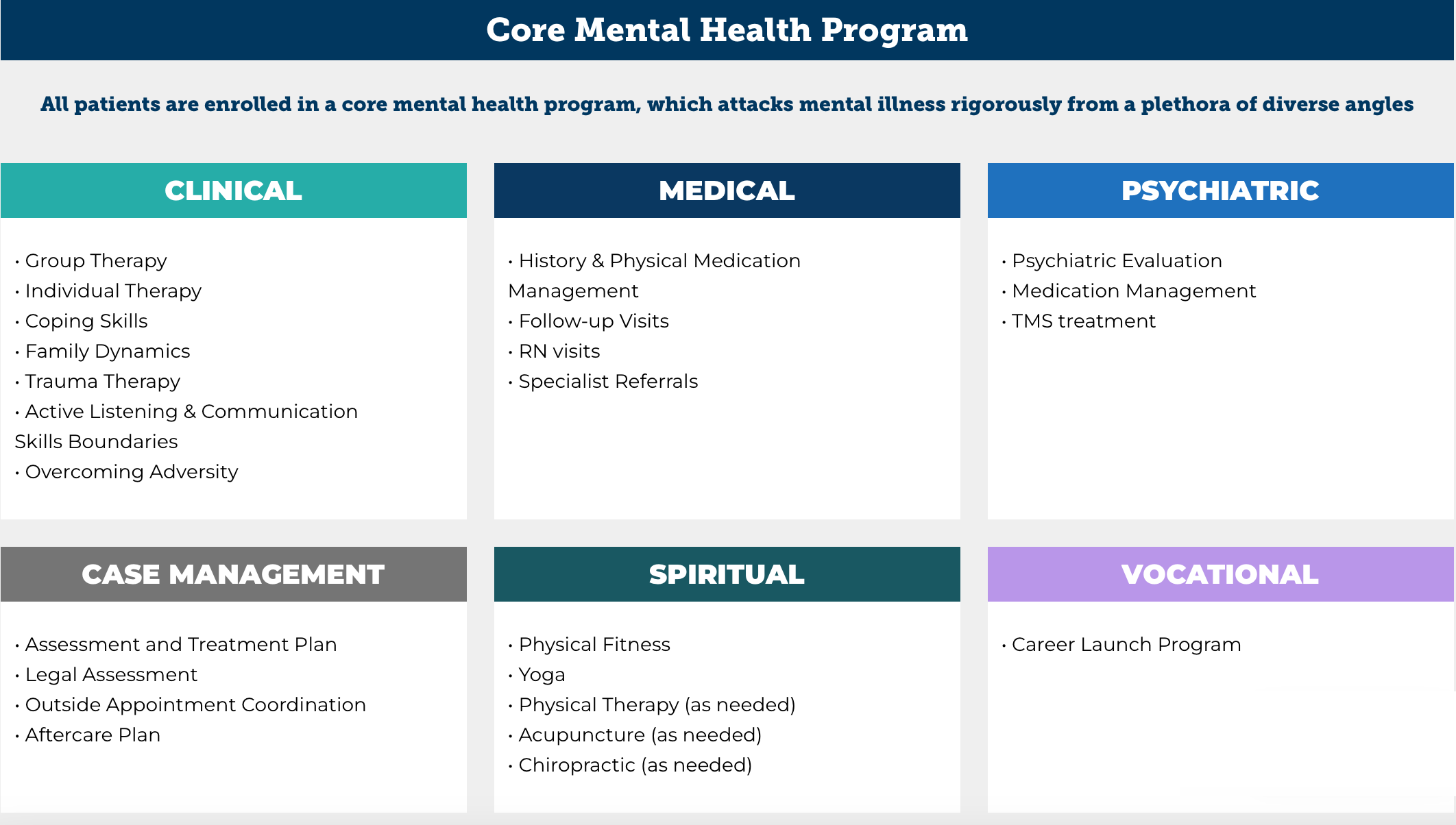FL Mental Health Disorder Recovery Programs
Florida offers a variety of mental health disorder recovery programs designed to provide comprehensive support and treatment for individuals facing a range of psychological challenges. These programs are tailored to address specific disorders, from depression to Borderline Personality Disorder (BPD), helping you achieve stability and improve your quality of life.
For those struggling with depression, Florida’s recovery programs offer a combination of therapies and support to address both the emotional and practical aspects of the condition. These programs typically include individual counseling, group therapy, and medication management to help manage symptoms and promote emotional well-being.
Anxiety disorders, including generalized anxiety disorder and panic disorder, are treated with programs that use Cognitive Behavioral Therapy (CBT), relaxation techniques, and stress management. These treatments are designed to help you manage anxiety symptoms and develop coping strategies for everyday challenges.
Bipolar disorder recovery programs in Florida provide structured support through mood stabilization, therapy, and medication. These programs help individuals manage mood swings and develop strategies for maintaining balance and stability.
Treatment programs for schizophrenia offer comprehensive care that includes medication management, therapy, and support services to help you manage symptoms and improve daily functioning. These programs are designed to address the complex needs of individuals with schizophrenia and support them in achieving a higher quality of life.
Post-Traumatic Stress Disorder (PTSD) recovery programs focus on trauma-informed care, providing therapy and support to help you process and manage traumatic experiences. Techniques such as cognitive processing therapy and Eye Movement Desensitization and Reprocessing (EMDR) are commonly used to support recovery.
Obsessive Compulsive Disorder (OCD) is treated with specialized programs that include exposure and response prevention therapy, CBT, and support groups. These treatments help you address and manage obsessive thoughts and compulsive behaviors.
Borderline Personality Disorder (BPD) recovery programs offer therapeutic approaches such as dialectical behavior therapy (DBT) to help manage emotional instability, improve interpersonal relationships, and build coping skills.
Florida’s mental health disorder recovery programs are designed to provide the support, therapy, and resources needed to help you manage symptoms and work towards a healthier, more balanced life. If you or a loved one is facing mental health challenges, seeking professional help through these programs can be a crucial step towards recovery and well-being.













